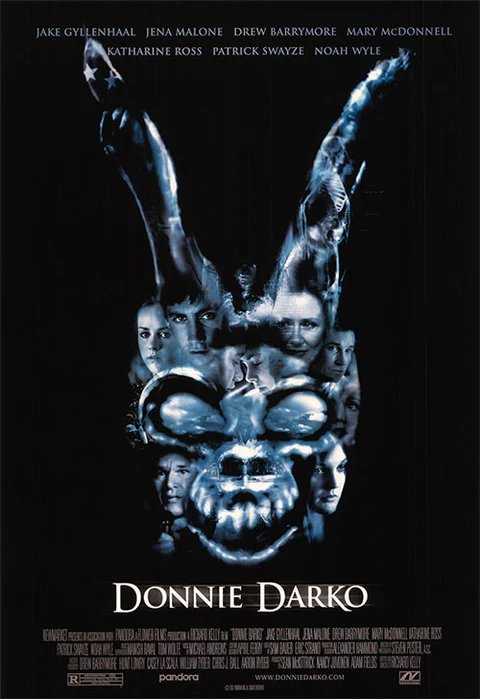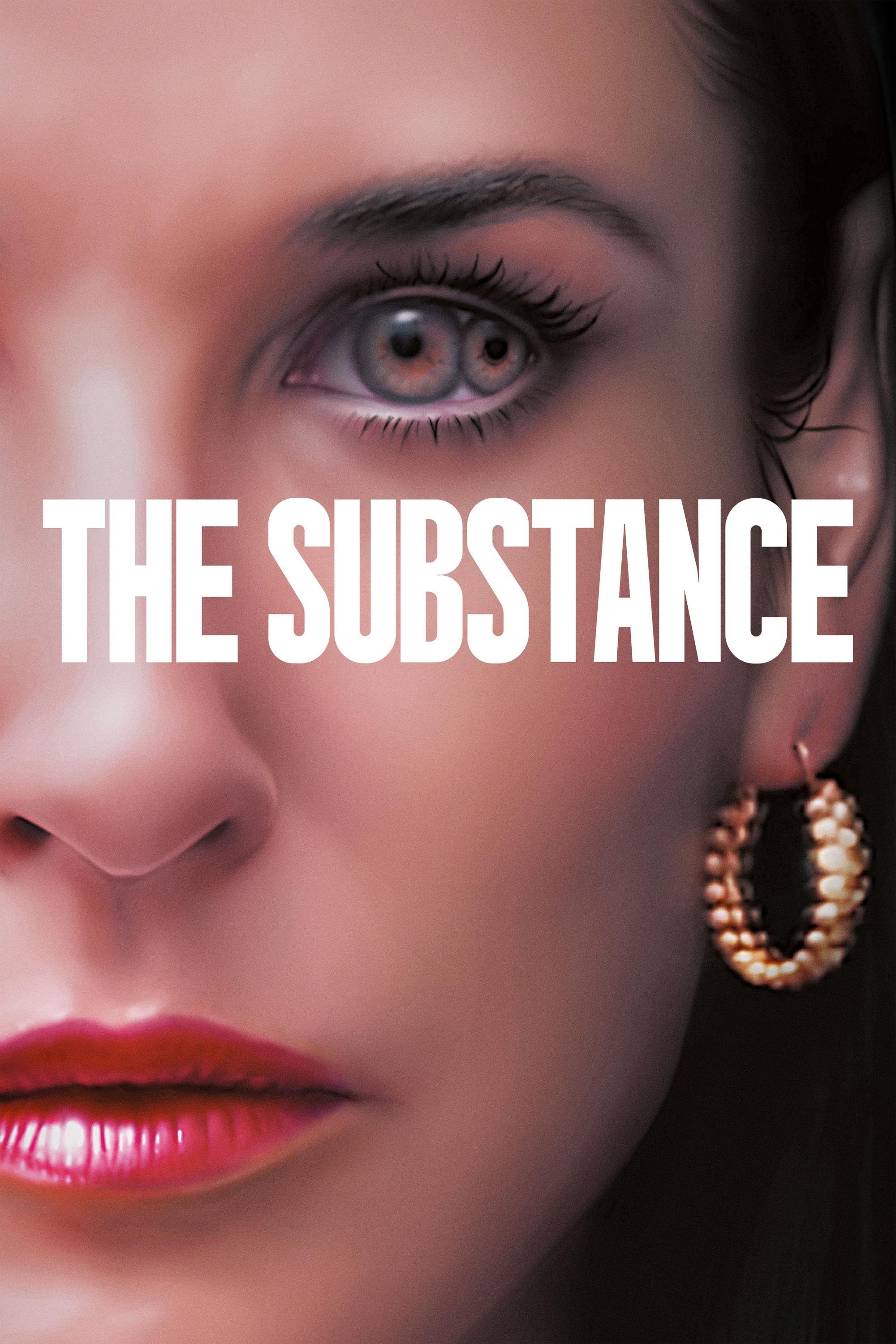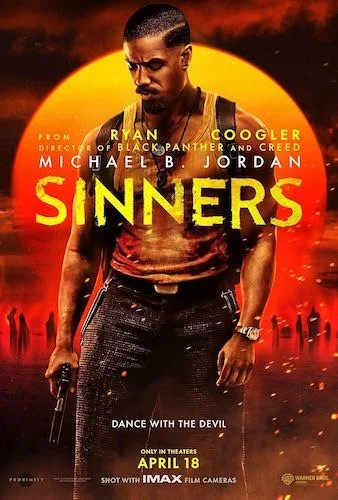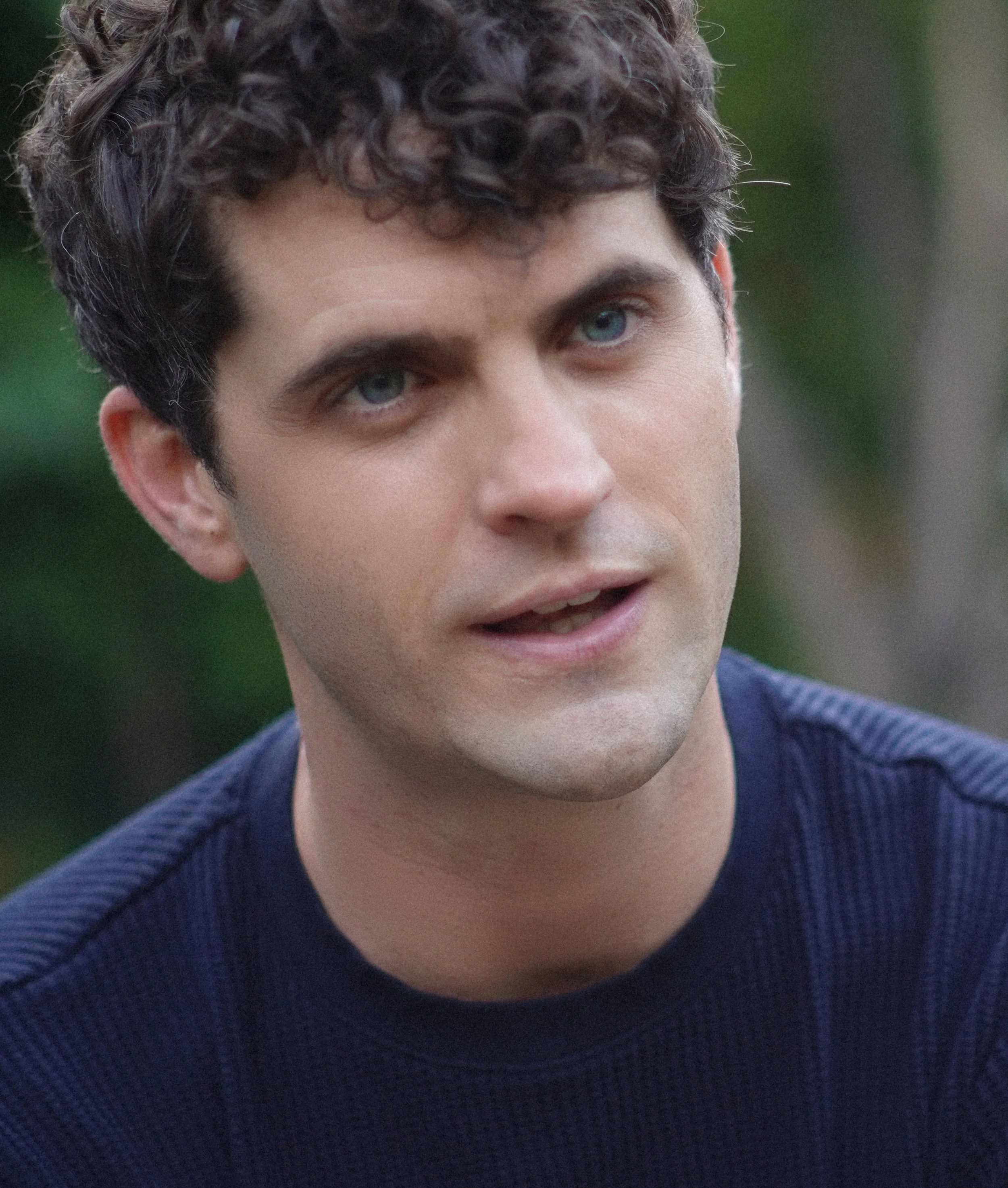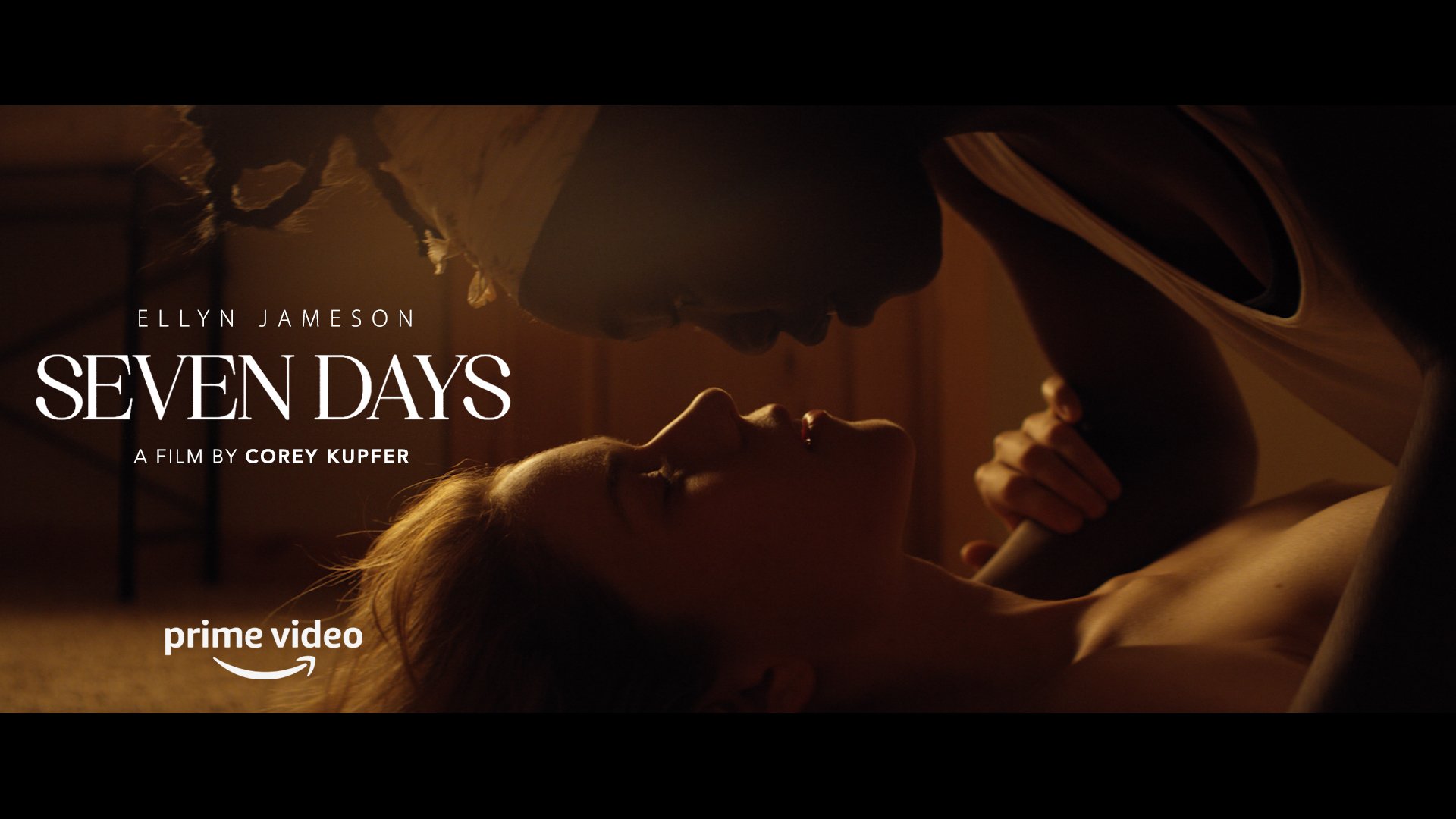THIS PAGE IS DESIGNED FOR DESKTOP VIEWING ONLY
This is not just a film. It’s a reckoning.
This is Adam will be impossible to ignore.
ONE PAGE
Title: This is Adam
Tagline: There is no beginning. There is no end.
Genre: Drama; Magical Realism
Like: Little Children (2006), American Beauty (1999) meets Undone (2019-2022), Mother! (2017)
Audience: 17 and up
Logline: When Adam’s wife discover’s his affinity for gay porn, it uncovers the secrets and lies holding their “picture-perfect” family together, and the traumas of generations past that still hold them hostage.
Summary: Adam, a seemingly typical suburban father, hides his recent job loss and lives a second life, fracturing his family’s delicate facade. His wife Mira uncovers his secrets while their teenage son James mirrors Adam’s emotional repression—until a mysterious girl, Lucia, opens his eyes to empathy and inherited pain. As Mira retreats into a fantasy of feminine autonomy and Adam clings to hollow rituals of masculinity, the family unravels under the weight of generational trauma. James, guided by visions of his deceased grandmother, uncovers dark family histories, while Mira and Adam reach emotional breaking points. A final act of violent desperation shatters the illusion of control, but in the wreckage, Adam finds the courage to face his truth, uttering the words that could begin their healing: “I need help.”
Director’s Note: While patriarchy and toxic masculinity are making a desperate and dangerous last stand worldwide, they are also at a breaking point. Once fully fractured, the way forward is not by sticking our heads into the sand as to how we got here. After years of my own healing, I am ready to take the world on a journey to the heart of it.
MARKET EXAMPLES
PERSONAL JOURNEYS
Behavioral Therapy Market is estimated to be $295.14 billion by 2030 with a CAGR of 8.5%...
The self-help book market is thriving, reaching a value of $13 billion in 2022, and projected to reach $81 billion by 2032.
Box Office:
Moonlight • $65 Mil
The Whale • $57 Mil
Anora • $40 Mil
Nomadland • $38 Mil
Baby Reinder (TV) • Netflix #1
INDEPENDENT BUDGET RETURN POTENTIAL
Figures based on box office alone
Moonlight • 1.5 Mil • 4300% return
The Whale • 3 Mil • 1900% return
Anora • 6 Mil • 1400% return
Nomadland • 5 Mil • 760% return
THE SURREAL
Spiritual & Devotional Products Market to Reach Worth of $8.3 billion in 2031, Expanding at a CAGR of 8.7%…
Generation Z is showing a growing interest in religion and spirituality due to their turbulent lives. Business models around religion and astrology are thriving, catering to Gen Z’s demand for spiritual experiences.
Box Office:
Everything Everywhere All At Once: • 143 Mil
Poor Things • $117 Mil
The Substance • $77 Mil
All of Us Strangers • $20 Mil
CURRENT TRENDS
INDIE IS BACK
It speaks for itself, and is reflective of an upcoming generation interested in challenging perspectives, spirituality, social-awareness, and courageous self-exploration.
AUTHENTICITY
THE
MARKET
WANTS TO
TALK
ABOUT
IT
The recent political fluctuations and rise of Trump-culture may have come as a surprise to some, but growing up Midwest I’ve always had a familial connection to deeply embedded problems facing our society, and a unique insight into the roots.
THE FAMILIAR MEETS INNOVATIVE
The truth is, there is nothing ordinary about what lies beneath the facade of the “typical” American family, and nor should a film breaking that facade be.
UNIQUE POINTS OF VIEW
A lifetime study of the moving image, from Tarkovsky to Malick to the work of Chayse Irvin, This is Adam is envisioned with a diversity of techniques to take the viewer beyond the limits of linear storystelling.
GENRE-BLENDING
This is Adam is a small story treated with importance of an epic, intersecting time, religions, myth, symbol, dream and reality.
WRITER • DIRECTOR • PRODUCER
Corey Kupfer received dual BFAs in Film and Creative Writing from UW-Milwaukee. and an MFA in Directing from NYU’s Tisch School for which he spent four years in Southeast Asia . He has been working as a freelance commercial director and producer for more than 10 years; and his first feature film Seven Days, completed for a mere $45,000 with a crew of less than ten people, was distributed by Gravitas Entertainment and is currently available on Amazon Prime.
Corey is a turn-key filmmaker, with expertise in nearly every department, giving him the insights necessary to take an economical budget and deliver images, performances, and original stories that stand against anyone else in the industry—an essential skill set as we enter a new era of feature filmmaking.
“I set out to make Seven Days as a work example that proves I can handle a feature amount of material, I had no expectation that it would connect with people as it has, much less be distributed on major platforms.”
DIRECTOR’S STATEMENT
I make original cinema that does not reinforce, but challenges what an audience thinks they know to be true; while making it accessible, with a depth of challenge that is exhilarating, not alienating.
This is Adam is a deeply personal film. Though a fictional journey through past and present, it’s rooted in my own intergenerational trauma; and conflicts that remain at the center of American culture. It explores the silent cost of toxic masculinity and the brave, often invisible decision to break the cycle.
How do you make a film about emotionally shut down characters, unable to communicate or understand their own feelings? And how do you do that without being a burdensome drama you never return to after awards season ends?
The past would tell us that the best way to understand a man’s silent internal conflicts is to give him an international hostage terrorist and a building to blow up. And while Die Hard is unmistakably kick-ass, This is Adam takes another approach. What cannot be said out loud is understood through vivid past memories, what cannot be seen comes to life as ancestral guides, and awakenings show themselves as spiritual archetypes—it’s unique, magical… emotional but ENJOYABLE!
This is Adam places asking for help as the most heroic act of all, it’s the gun taped to Adam’s back; and it’s an entire film leading up to that moment.
THIS IS ADAM SYNOPSIS
Adam appears to be the quintessential American man—steady job, loving family, suburban home. But beneath the surface, his life is unraveling. Recently fired from his corporate job, he hides the truth from his wife, Mira, while retreating into hidden vices. Mira soon discovers his proclivity for gay porn, shattering their carefully maintained facade. Their teenage son, James, mirrors his father’s repression, posturing for acceptance even if it means bullying a vulnerable classmate. When a mysterious new girl, Lucia, enters James' life, her presence begins to shift his worldview. She becomes his quiet guide, nudging him toward empathy and introspection. Meanwhile, Mira, sensing deeper fissures in their marriage, begins tailing Adam in secret. Her worst suspicions arise, witnessing him spend his days at a gym with another man—an unsettling trigger from her childhood when she watched her own mother manipulate men into orbiting her as proof of worth and power.
As father and son face inner turmoil, the past presses harder into the present. Adam's inability to confront himself echoes his own father’s repressed legacy and his mother’s untreated mental illness. James, under Lucia’s influence, starts shedding his performative masculinity. He defends the boy he once bullied and begins to perceive the intergenerational traumas shaping those around him. In a heated confrontation, Mira presses the question of Adam’s sexuality, and he attempts dominance, but fails, redirects the blame, and retreats. Mira also flees, to the woods, slipping into a primal, feral fantasy of feminine independence. James is overwhelmed by his new perspective, and Lucia tends to him tenderly. James confesses love for her, and is pushed to confront that what he seeks isn’t romance, but the nurturing his absent parents cannot provide. Upon this realization, Lucia disappears—or perhaps was never truly there. Elsewhere, Adam dreams of killing his entire family.
Time passes. James, now alienated from friends and growing increasingly introspective, finds solace in the imagined company of his deceased grandmother, Beatrice. Adam and Mira, numbed by routine, live in parallel—Adam still hiding his truth, Mira still chasing after his secrets. When James’ school counselor raises concerns about his mental health, Adam explodes in denial. Unwilling to face their son’s inner world, Adam and Mira retreat to their own, avoiding confrontation. Adam visits his aging father, Odo, now rotting in a care facility, hoping to glean insight into his own mother's past condition. But Odo offers no wisdom—only filth, silence, and perversion. In a desperate bid to reclaim control, Adam trades alcohol and pornography for their old family hunting gear, reviving a ritual that once promised order amid chaos.
James, guided by Beatrice’s ghost, uncovers his grandmother’s old belongings. He begins to piece together his father’s childhood—moments of abandonment, fear, and emotional freezing amidst his mother’s episodes. Meanwhile, Mira loses herself in her fantasy of divine femininity in the woods. Back home, Adam forces James into a hunting trip, hoping masculinity can cure what emotion cannot. But James, desperate to speak openly, rebels—shattering a sliding door in protest. Adam, refusing to listen, dismisses him again. Mira, suspicious of Adam’s daily routine, confronts him at the gym only to discover he is actually employed there, managing staff. His deception isn’t adultery—it’s cowardice. But to Mira, the betrayal cuts just as deep. In a moment of regression, she recreates her mother’s coping mechanism—picking up a stranger and dragging him into her wilderness dreamscape, igniting a fire that destroys her divine feminine outpost.
In the early dawn, Adam awakens to find Mira gone and James missing. While he attempts to relive the past by hunting alone, James finds Mira freezing and broken in the woods, and carries her home. Adam, unable to stomach his own memories of hunting with his father, buys a dressed deer from a farm and presents it to Mira as his own trophy, a desperate bid to reclaim his manhood. Instead, she recoils in horror. James, still exploring family trauma with Beatrice’s guidance, relives Adam’s childhood memory of the day his mother was taken away. As gunshots crack through the suburban air, James races outside. But Adam isn’t aiming at anyone—he's firing wildly at their house, the symbol of their failed American dream. In that moment, Adam recalls his mother’s last words: “Don’t let them turn you into a monster.”
That memory breaks the cycle. Earlier that day, Adam had stormed into Odo’s room and scrubbed his father’s decaying body like a child, offering him the care and human dignity he never received himself. As police arrive to arrest Adam, Mira breaks through the crowd to open the door of the cruiser. James joins her. Adam has nothing left to offer except the truth he has long avoided. He looks at them both, broken, exposed, and finally says the only words that matter: “I need help.”
ORDINARY AS EXTRAORDINARY
“Modern mass culture, aimed at the 'consumer', the civilization of prosthetics, is crippling people's souls, setting up barriers between man and the crucial questions of his existence, his consciousness of himself as a spiritual being.”
Andrei Tarkovsky







